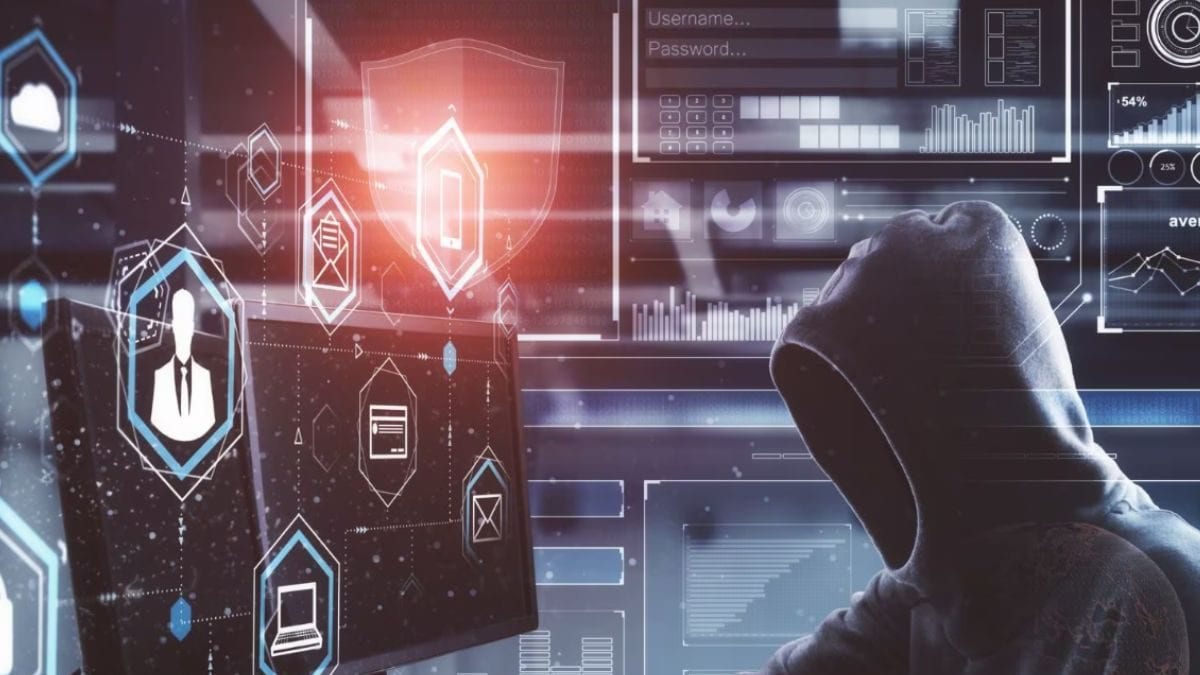Scams often lead to significant data breaches, financial losses, and personal information theft.
The rise of generative AI and deepfakes has further complicated the cybersecurity landscape, with many celebrities becoming victims of misinformation.
Online protection company McAfee unveiled its annual ‘Celebrity Hacker Hot List 2024’, identifying Indian celebrities whose names generate the “riskiest” online results. This year’s results show that the more viral a celebrity is, the more appealing their name is to cybercriminals looking to exploit their fame to create malicious sites and scams. These scams often lead to significant data breaches, financial losses, and personal information theft.
Topping the list for India is Orhan Awatramani, also known as Orry. His sudden rise in popularity, association with other high-profile celebrities, and surge in content have made his name an appealing one for cybercriminals to exploit. This highlights how cybercriminals take advantage of the flood of unverified information about new or upcoming public figures to lure consumers searching for updates.
Following him on the list is singer and actor Diljit Dosanjh, whose upcoming ‘Dil-Luminati’ concert tour has been plagued with concerns about ticketing scams. Large-scale events like these are often exploited due to overwhelming fan interest and a surge in search volume, leading to fraudulent ticketing sites, discount or re-sale schemes and phishing scams.
The rise of generative AI and deepfakes has further complicated the cybersecurity landscape, with many celebrities becoming victims of misinformation. Leading actress Alia Bhatt has been subjected to multiple deepfake incidents, while actors Ranveer Singh and Aamir Khan have been falsely depicted endorsing political parties through election-related deepfakes.
Personalities like Virat Kohli and Shahrukh Khan have also appeared in deepfake content promoting betting apps. Scammers capitalise on fans’ curiosity using tactics like malicious URLs, deceptive messages, and AI-driven image-audio-video scams resulting in financial losses and damaging the reputation of and consumer trust in impacted celebrities.
Vonny Gamot, McAfee’s Head of EMEA, said that it’s easy for individuals to fall into the trap of clicking on malicious links, often misled by clickbait content promising free tickets or downloads—especially if it features a celebrity’s likeness.
“Imagine a world where your favourite celebrity stars in an advertisement they’ve never filmed, or a politician delivers a speech they’ve never given. This is the reality we face today. AI-generated deepfakes use existing content to manipulate faces, voices, and even actions. While some deepfakes are harmless fun, others can spread misinformation, influence elections, damage reputations, or scam consumers. If something seems too good to be true, it likely is. To protect oneself and loved one’s online privacy and identity, it’s important to remain vigilant,” said Gamot.
Top Ten on India’s McAfee Hacker Celebrity Hot List
The top ten list, which includes a combination of longtime talent and more recently well-known names, is as follows:
- Orry (Orhan Awatramani)
- Diljit Dosanjh
- Alia Bhatt
- Ranveer Singh
- Virat Kohli
- Sachin Tendulkar
- Shahrukh Khan
- Deepika Padukone
- Aamir Khan
- Mahendra Singh Dhoni
Earlier this year, a McAfee survey revealed that 80% of Indians are now more concerned about deepfakes than a year ago, with 64% stating that AI has made it more difficult to spot online scams.
75% of Indians reported to have seen deepfake content, 38% have encountered a deepfake scam and 18% have been a victim of a deepfake scam. Among those affected by deepfake scams, 57% mistook a celebrity video, image, or recording for authentic, with 31% suffering financial loss as a result. Of those who fell prey to voice cloning or other deepfake/AI scams, 64% lost money, with 43% losing more than Rs 40,000 and 10% losing more than Rs 800,000.
McAfee’s Celebrity Hacker Hot List serves as a stark reminder for consumers to understand how AI scams and deepfakes work, and how they can best protect themselves from online threats.
McAfee’s Threat Research Labs Team created the Celebrity Hacker Hot List by identifying the high-profile celebrities most frequently used in malicious activities and deepfake scams. These scams often generate unsafe search results that could lead consumers to unknowingly install malware and jeopardise their data, privacy, and identity.


